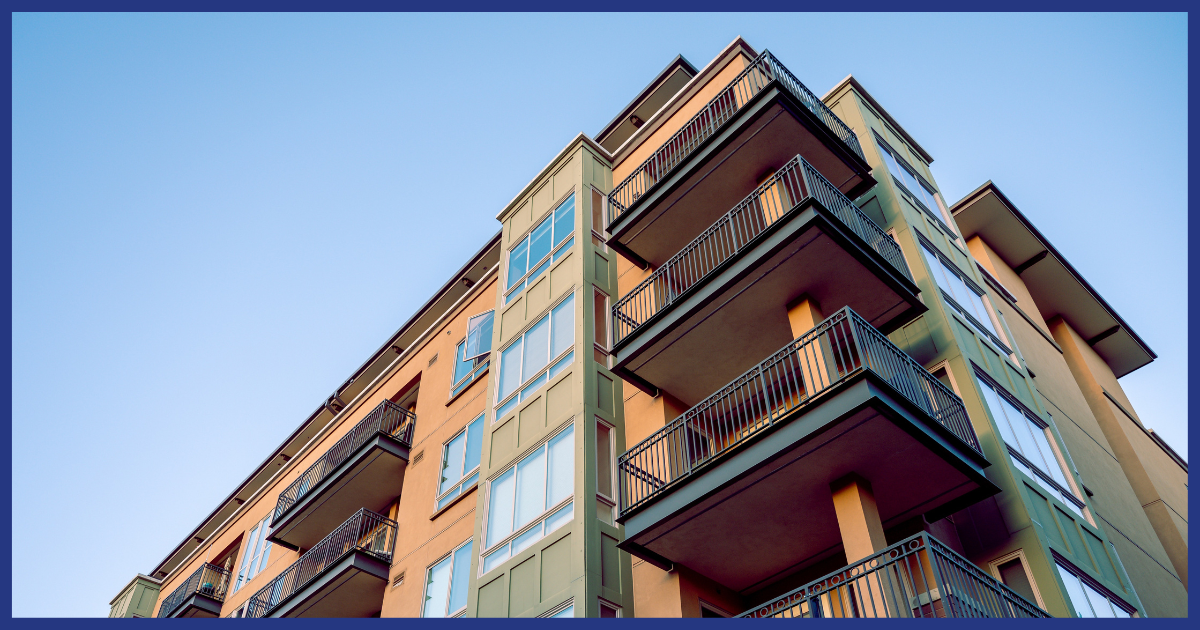In november, the article “Impact of air barriers application in LCA and LCC of naturally ventilated dwellings in mild climate regions” was published, co-authored by Vítor Cardoso from BUILT CoLAB (article resulting from his work as part of the PhD he completed in 2022 at FEUP – Faculty of Engineering of the University of Porto), together with Lurdes Simões (Construct, FEUP), Nuno Ramos (Construct, FEUP), Ricardo Almeida (Construct, IPViseu), Manuela Almeida (ISISE, UMINHO), and Ricardo Mateus (ISISE, UMINHO).
This article will be published in Volume 279 of Elsevier’s “Energy and Buildings” magazine in January 2023.
Article Abstract
Assessing singular elements that constitute the air barrier of a building envelope is quite unfeasible in Life Cycle Assessment (LCA). The study of these solutions through this particular scope is often overlooked. Two major aspects contribute to it: the complexity of the relationships between elements and the reduced embodied impact of these materials in the overall construction or retrofitting works. This work uses LCA and Life Cycle Costing (LCC) to study the viability of applying two envelope air barrier solutions in dwellings with excessive air change rates and equipped with different heating systems. The application of air barrier solutions resulted in average energy consumption savings in urban terrain, almost half of those in rural terrain during the heating season. Environmental performance and life cycle costs revealed mechanically (MECH) fastened air barriers to outperform fluid (FLUID) applied ones. The median annualized cost of adopting a FLUID solution was almost four times that of a MECH solution. Dwellings equipped with electric radiators ranked first in the shortest average Energy Payback Period (EPP) and the highest average Reference Service Life (RSL) savings. With the current analysis, the adoption of MECH solutions is recommended, independently of the heating system the dwelling is equipped with.
The full article is available here.

